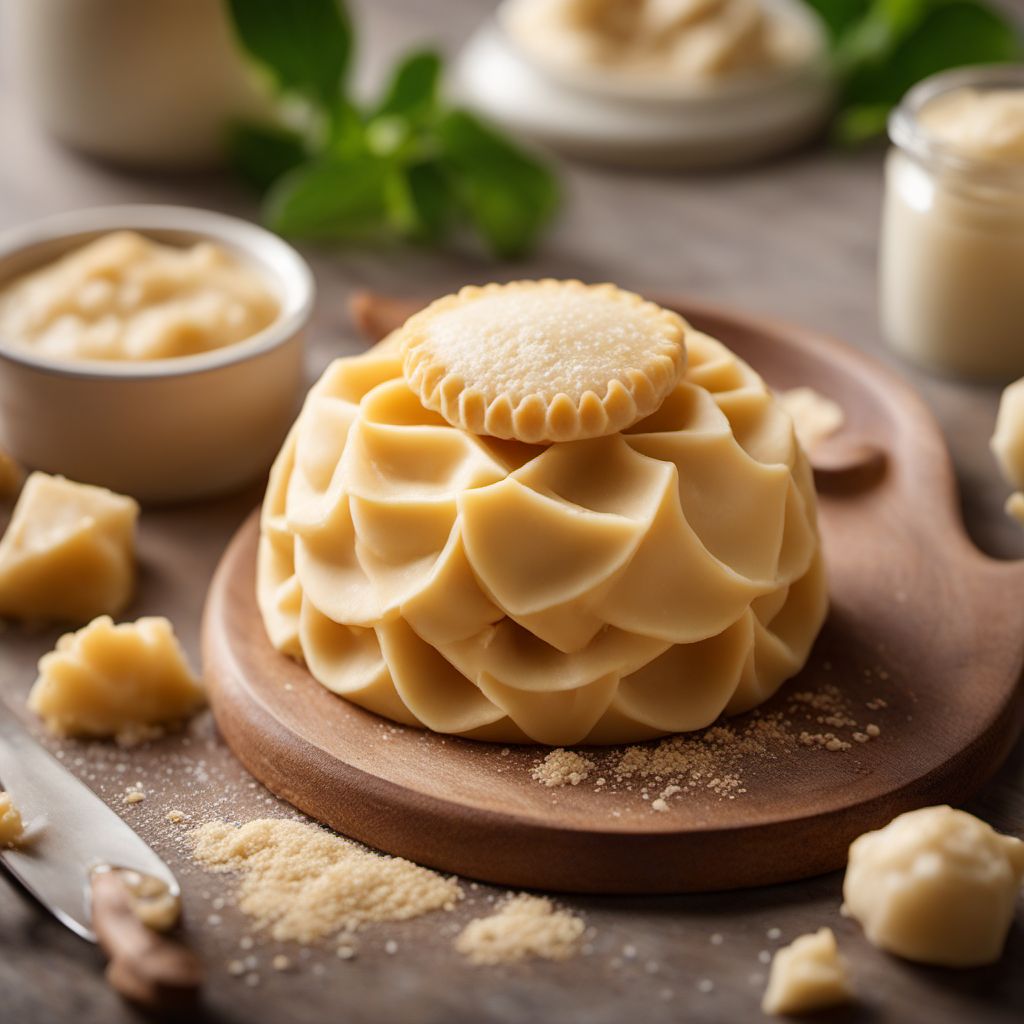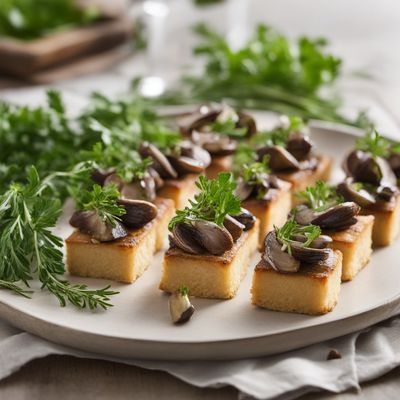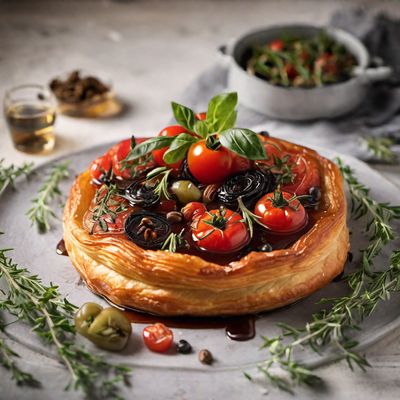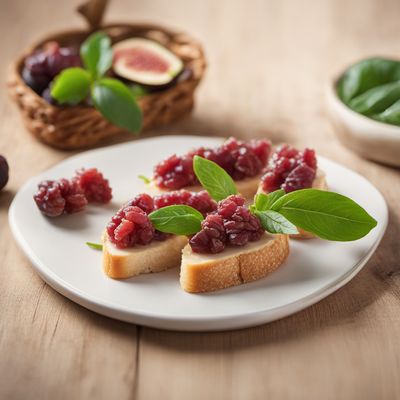
Ingredient
Short pastry dough (pate brisee)
Buttery Bliss: Unveiling the Secrets of Short Pastry Dough
Short pastry dough, or pate brisee, is a classic dough made by combining flour, butter, salt, and water. The dough is mixed until it forms a crumbly texture, which results in a tender and flaky crust when baked. Its buttery flavor enhances both sweet and savory dishes, making it a popular choice for tarts, pies, quiches, and more. The delicate nature of short pastry dough allows it to beautifully showcase the fillings it encases, making it a favorite among bakers and pastry chefs alike.
Origins and history
The origins of short pastry dough can be traced back to medieval Europe, where it was initially used as a base for meat pies. Over time, it evolved into a versatile dough that found its way into both sweet and savory applications. Today, short pastry dough is a staple in French and European cuisines, where it is used to create delectable pastries, tarts, and quiches. Its popularity has spread worldwide, and it is now a fundamental component of many global culinary traditions.
Nutritional information
Short pastry dough is not a significant source of nutrients, but it provides a good amount of calories due to its butter content. It is high in fat and carbohydrates, making it a delicious indulgence for special occasions or occasional treats.
Allergens
Contains gluten (wheat).
How to select
When selecting short pastry dough, look for a product that is firm and chilled. It should have a pale yellow color and a slightly crumbly texture. Avoid dough that appears greasy or has a strong odor. If purchasing pre-made dough, check the expiration date to ensure freshness.
Storage recommendations
To maintain the freshness and quality of short pastry dough, it should be stored in the refrigerator. Wrap it tightly in plastic wrap or place it in an airtight container to prevent it from drying out or absorbing odors. Properly stored, short pastry dough can last for up to 3 days in the refrigerator. It can also be frozen for longer storage, up to 3 months. Thaw frozen dough in the refrigerator before using.
How to produce
Short pastry dough can be easily made at home by combining flour, cold butter, salt, and water. The ingredients are mixed until they form a crumbly texture, which is then shaped into a disc, wrapped in plastic wrap, and chilled in the refrigerator. Detailed recipes and techniques are widely available online or in baking cookbooks.
Preparation tips
When working with short pastry dough, it is important to keep the ingredients and equipment cold to achieve the desired flaky texture. Handle the dough gently and avoid overmixing to prevent toughness. For blind baking, it is recommended to chill the dough before baking to minimize shrinkage. Short pastry dough can be rolled out and used as a base for tarts, pies, quiches, and other pastry creations. It can also be shaped into shells or used to create decorative elements for desserts. Experiment with different fillings and flavor combinations to unleash the full potential of this versatile dough.
Substitutions
Puff pastry dough, pie crust dough, or graham cracker crust can be used as substitutes for short pastry dough, depending on the recipe and desired outcome. Each alternative will bring a slightly different texture and flavor to the final product, so choose accordingly.
Culinary uses
Short pastry dough is widely used in both sweet and savory culinary creations. It serves as the base for classic desserts like fruit tarts, custard pies, and buttery cookies. In savory dishes, it forms the crust for quiches, pot pies, and savory tarts. Its versatility allows it to be paired with a wide range of fillings, from fresh fruits and creamy custards to savory vegetables and rich meats.
Availability
Short pastry dough is commonly available in grocery stores, supermarkets, and specialty baking supply stores worldwide. It is a staple in French and European cuisines, but its popularity has made it accessible in many regions around the globe.
More ingredients from this category
Recipes using Short pastry dough (pate brisee) » Browse all

Molecular Tarte Tatin
The Transformed Tarte Tatin: A Molecular Gastronomy Delight

Crostini Toscani with Tomato and Basil
Sun-Kissed Tomato and Basil Crostini: A Taste of Tuscany

Canapés à la Française
Elegant French Canapés: A Symphony of Flavors

Apple Pie
Elevated Apple Galette: A Modern Twist on a Classic American Dessert

Brazilian-style Cheesesteak
Picanha Cheesesteak: A Brazilian Twist on a Classic American Dish

Kosovan-inspired Canapé Delight
Savor the Flavors of Kosovan Cuisine with these Irresistible Canapés

French-inspired Canapé Delight
Elegant Bites: French-inspired Canapés to Delight Your Palate

Bavarian Apple Pie
Apfelstrudel-inspired Apple Pie: A Bavarian Twist on a Classic American Dessert

Canapés Chasseur
Savory Delights: French-inspired Canapés Chasseur

Canapés à la Française
Elegant French Canapés: A Symphony of Flavors

Mediterranean Tarte Tatin
Sun-Kissed Tomato Tarte Tatin

Fichi e Robiola Crostini
Savory Fig and Robiola Crostini: A Delightful Italian Appetizer

